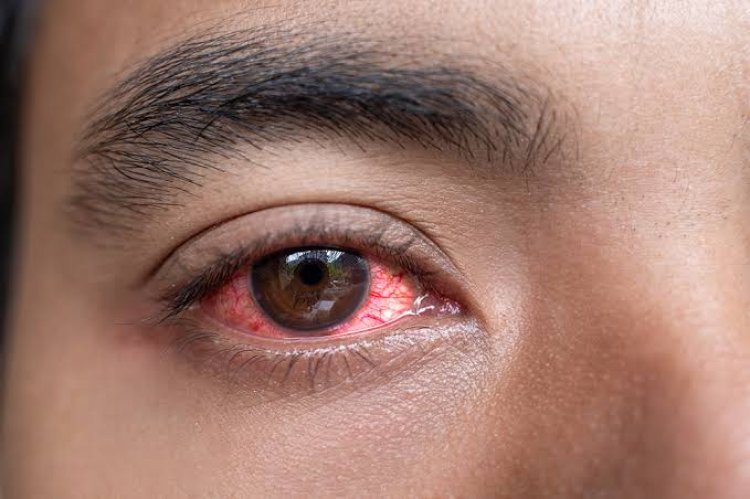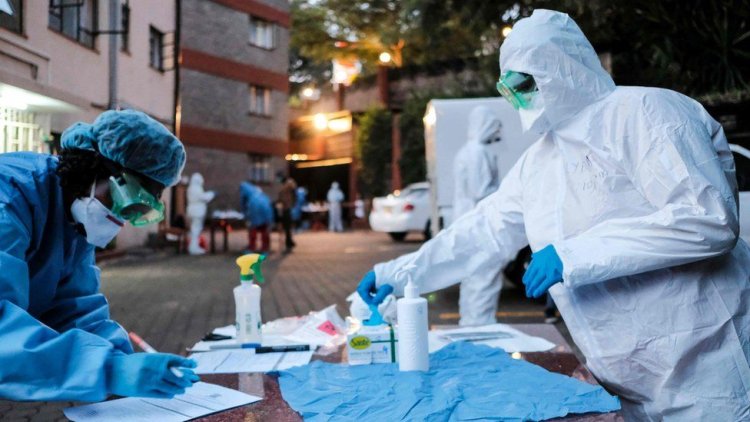Govt Lists 5 Measures For Preventing Red Eye Disease Outbreak In Kenya
Conjunctivitis, commonly known as pink eye, is an inflammation of the conjunctiva, which is the thin, transparent layer covering the white part of the eye and lining the inner surface of the eyelids.

The Ministry of Health on Thursday, January 25 addressed an alert warning to Kenyans raised by Kilifi's Department of Health Services regarding the outbreak of a new disease affecting the eyes.
The department had on Tuesday in a notice informed the public of an increased number of Red Eye Disease incidences recorded in the Coastal region, coming on the heels of a similar upsurge reported in neighbouring Tanzania.
"The Ministry of Health wishes to bring to the attention of the general public an upsurge of possible viral conjunctivitis cases in Mombasa County.
"The cases are very contagious and are presenting with red eyes (conjunctivitis), eye swelling, eye discharge and itchiness. The definitive cause has not yet been established but laboratory testing is pending," MoH said in a statement by Health Principal Secretary (PS) Muthoni Muriuki.

Health Principal Secretary Mary Muthoni speaking at Afya House when she presided over the launch of the Tuberculosis (TB) Strategic Plan 2023-2028 on January 22, 2024. /MINISTRY OF HEALTH
Conjunctivitis, commonly known as pink eye, is an inflammation of the conjunctiva, which is the thin, transparent layer covering the white part of the eye and lining the inner surface of the eyelids.
Common risk factors for conjunctivitis include poor hygiene, contact lens misuse, contaminated personal articles, crowded living or social conditions, history of eye diseases, foreign bodies, chronic use of topical medications and extreme weather conditions.
Bacterial conjunctivitis peaks during the cold season while viral conjunctivitis peaks in the dry season.
Prevention
Muriuki thus advised the general public to undertake the following preventive measures:
- Enhance handwashing with soap and safe clean running water
- Use hand sanitisers frequently
- Maintain a high standard of hygiene and sanitation
- Visit health facilities for treatment as soon as symptoms appear
- Self-isolate at home when you develop symptoms
She further encouraged Kenyans with any enquiries to call the following numbers; 719 or 0729 471 414 or 0732 353 535.
"The Ministry of Health is committed and shall remain vigilant to ensure that Kenyans are well informed and protected against any public health threats including infectious diseases and that the citizens continue to receive quality health services," added the statement.







